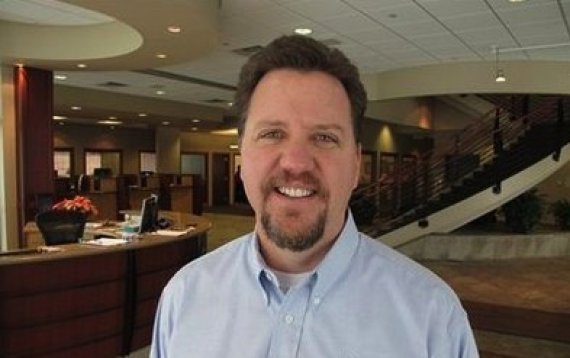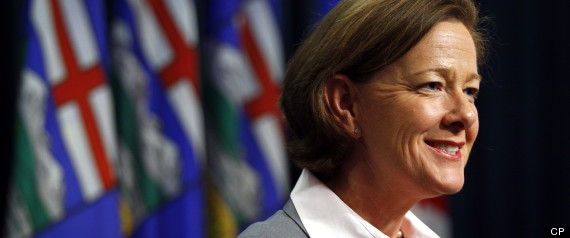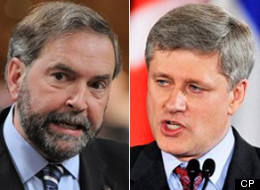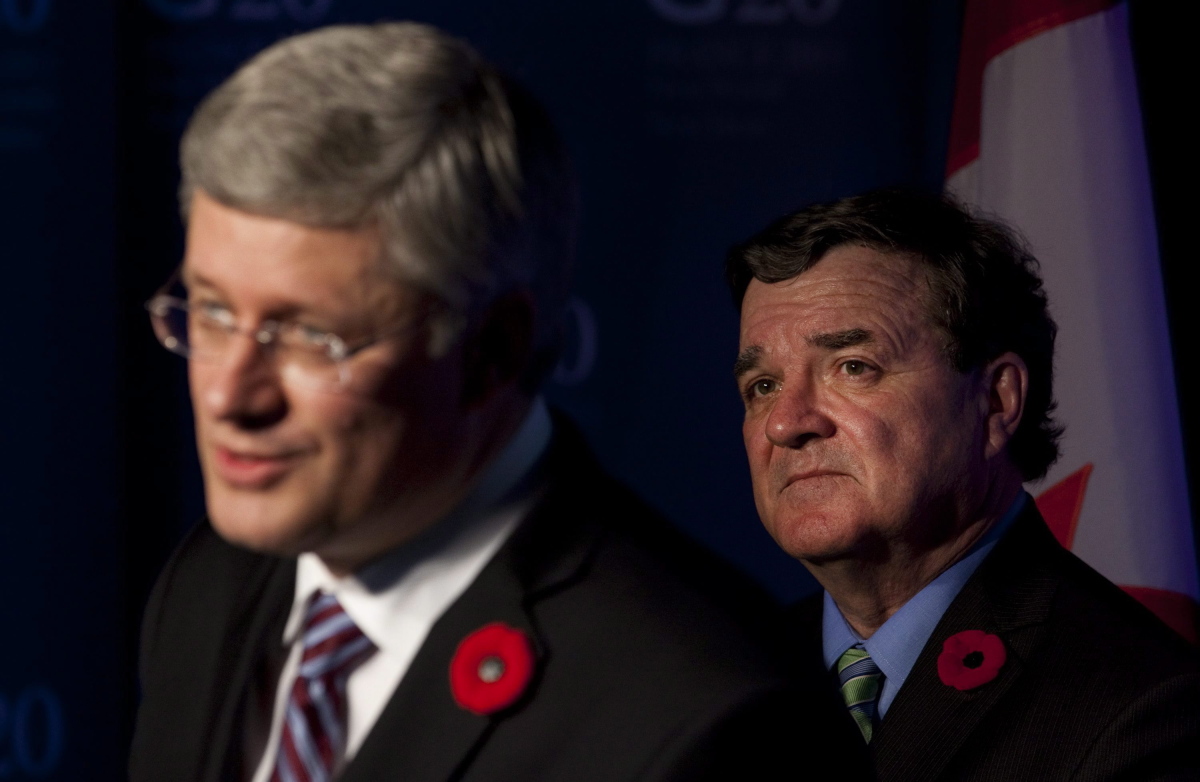OTTAWA — A Conservative government effort to shut down parliamentary hearings into the auditor general’s scathing report on the $25-billion F-35 stealth fighter project has been held off for at least a couple more days.
Members of the House of Commons public accounts committee spent about an hour-and-a-half arguing behind closed doors over whether to end the panel’s inquiry or call more witnesses.
No decision was taken by the time the meeting ended, said Liberal MP Gerry Byrne, who faces possible punishment for disclosing what was discussed during an in-camera meeting, something prohibited under parliamentary rules.
Members of the House of Commons public accounts committee spent about an hour-and-a-half arguing behind closed doors over whether to end the panel’s inquiry or call more witnesses.
No decision was taken by the time the meeting ended, said Liberal MP Gerry Byrne, who faces possible punishment for disclosing what was discussed during an in-camera meeting, something prohibited under parliamentary rules.









































